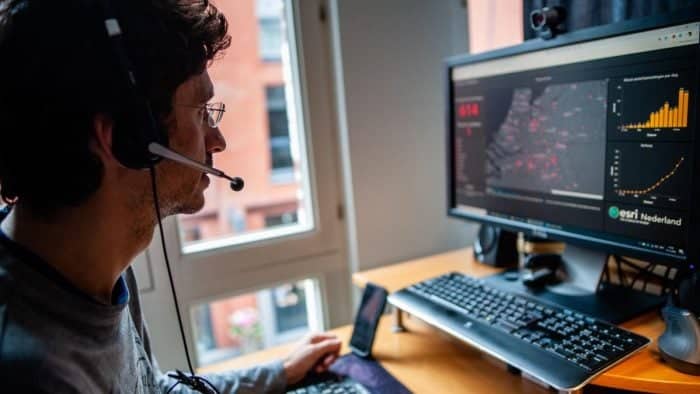Coronavirus is a serious problem when we talk about cybersecurity. Email spammers used COVID-19 to convince people to download malicious attachments. Other fraudsters have set up tens of thousands of websites with pandemic domain names. There are also applications and programs that attack computers and smartphones. We also can’t forget about fraudulent SMSs.
Microsoft advises on how to protect yourself from Coronavirus-related scammers
Microsoft, however, emphasizes that coronavirus is not as widely used by fraudsters as it may seem. The company in its statement clearly stated:
“While phishing and other email attacks are indeed happening,” Microsoft said, “the volume of malicious emails mentioning the coronavirus is very small.” This may change because the pandemic continues, but at least there are no large-scale attacks for now.
Microsoft noted that 91% of cyber attacks start with email. Therefore, the company relies on a multilayered defense system that uses Artificial Intelligence and other combat methods to quickly detect attacks and block their sources. This system analyzes messages, URLs and attachments to determine if they pose a threat.

Microsoft notes, however, that automated systems are not always able to catch every attack. That’s why Microsoft has released a list of warning signs that are part of a phishing campaign. Here are the things that should get our attention:
- Spelling and bad grammar
- Suspicious links
- Suspicious attachments
- Threats
- Spoofing
- Altered web addresses
- Incorrect salutation of your name
- Mismatches
We should also remember that these rules also apply to threats not related to coronavirus.
It is worth to mention that the coronavirus, which originated in China in late December, has since spread to 178 countries, infecting over 340,000 and killing about 14,000 globally. Some recent reports claim that the US government is in talks with Facebook, Google and other technology companies about the possibility of using smartphone location data to combat the Coronavirus COVID-19 pandemic.




